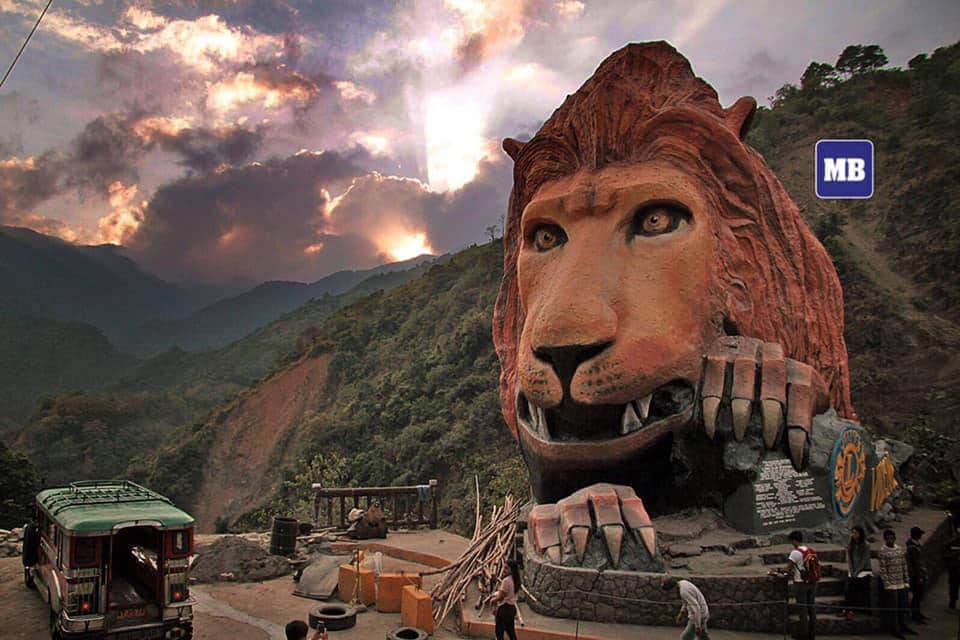Marcos cites BCDA conflict in vetoing proposed Baguio City charter amendments
At A Glance
- Under Republic Act No. 7227, the Bases Conversion and Development Authority (BCDA) oversees several key areas in Baguio City.
President Marcos has rejected the proposed amendments to the Revised Charter of Baguio City due to legal inconsistencies, Malacañang said.

In her press briefing on Monday, April 14, Communications Undersecretary Claire Castro read a portion of the President's veto message.
"I am constrained to veto the bill as it is inconsistent with law and jurisprudence and may endanger or prejudice the authority granted to the BCDA," Marcos' veto message read.
"Kinikilala po ng Pangulo ang karapatan at authority ng BCDA patungkol po dito (The President recognizes the rights and authority of the BCDA in this matter)," Castro added.
The President vetoed House Bill (HB) 7406—"An Act Amending Sections 23 and 52 and Repealing Section 55 of the Republic Act No. 11689, Otherwise Known as the Revised Charter of the City of Baguio"— on April 11.
Under Republic Act No. 7227, the Bases Conversion and Development Authority (BCDA) oversees several key areas in Baguio City.
Under this law, former military bases, including Baguio City's Camp John Hay, were turned over to the BCDA for conversion into productive civilian use, such as economic zones or tourism estates.
Camp John Hay, a former American military base, is being developed as a tourism and investment zone.
The area has long been under shared jurisdiction, with both the city government and BCDA managing its development and revenue.
Under the proposed amendments to the Baguio City charter, Camp John Hay would be excluded from the city's Special Land Use Committee. It will also repeal Section 55 of the revised charter, which expanded the land area under the BCDA from 570 hectares to 625 hectares.